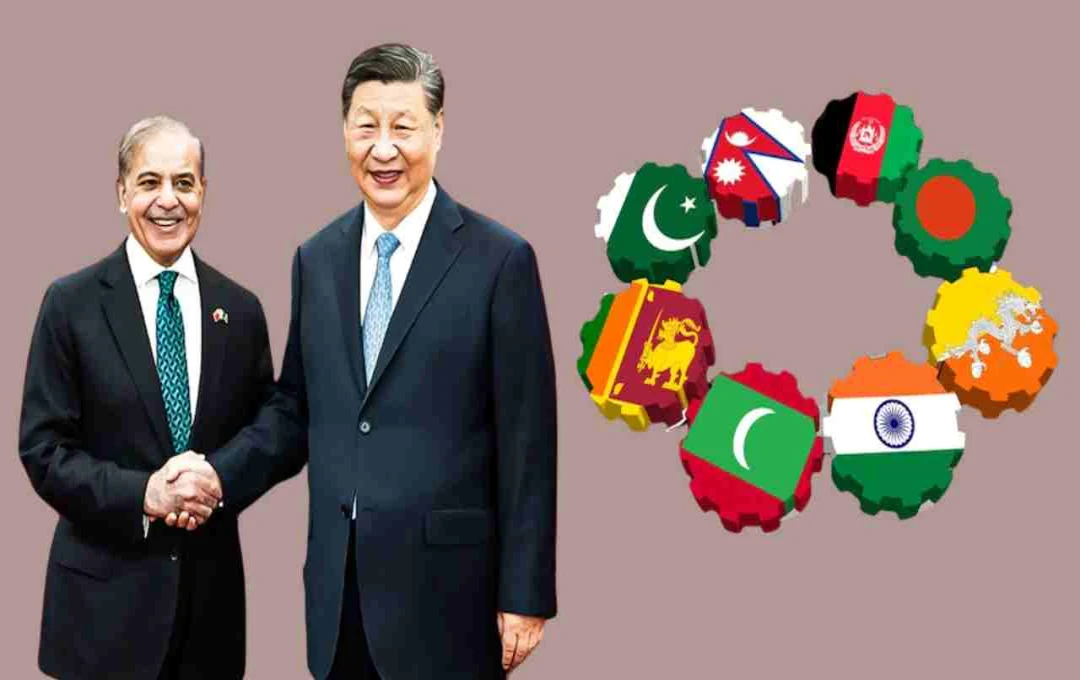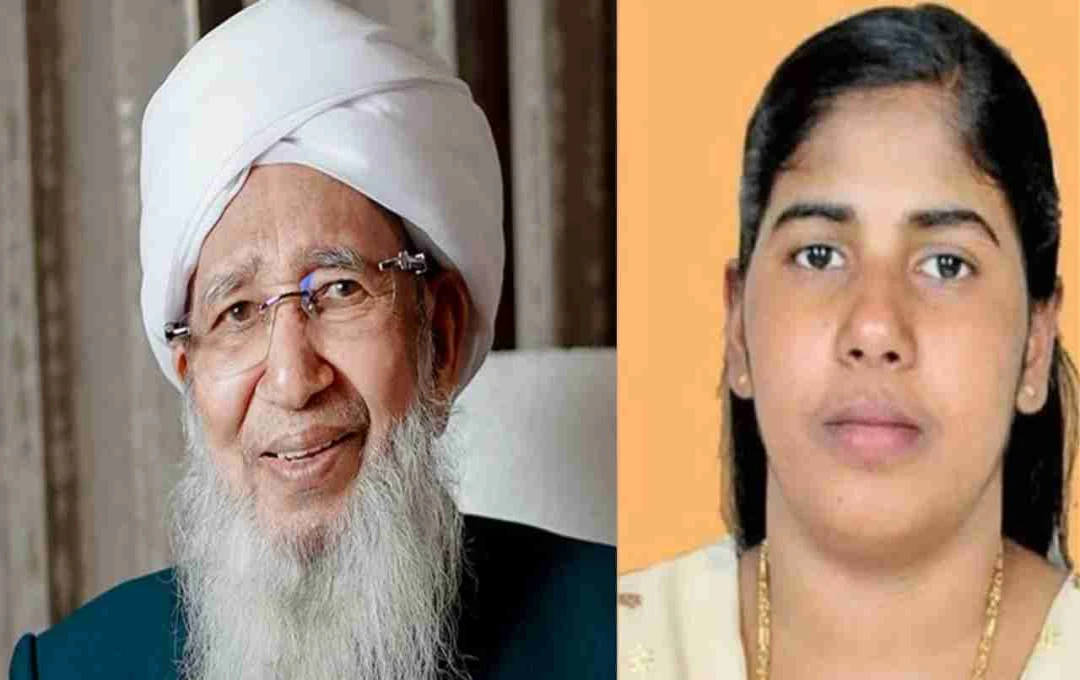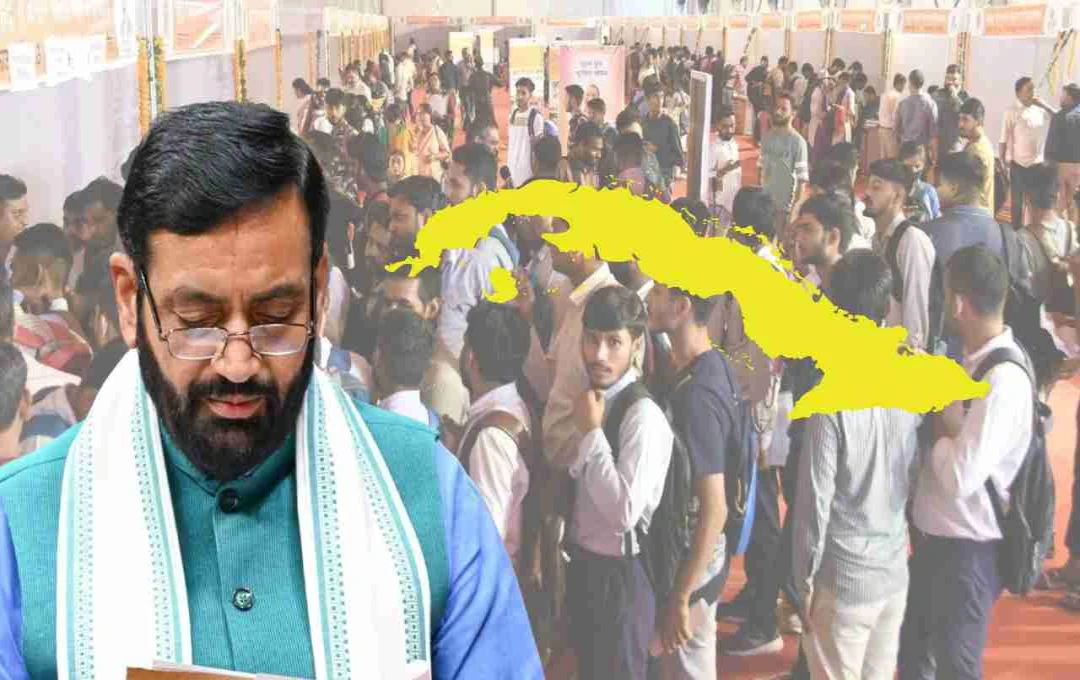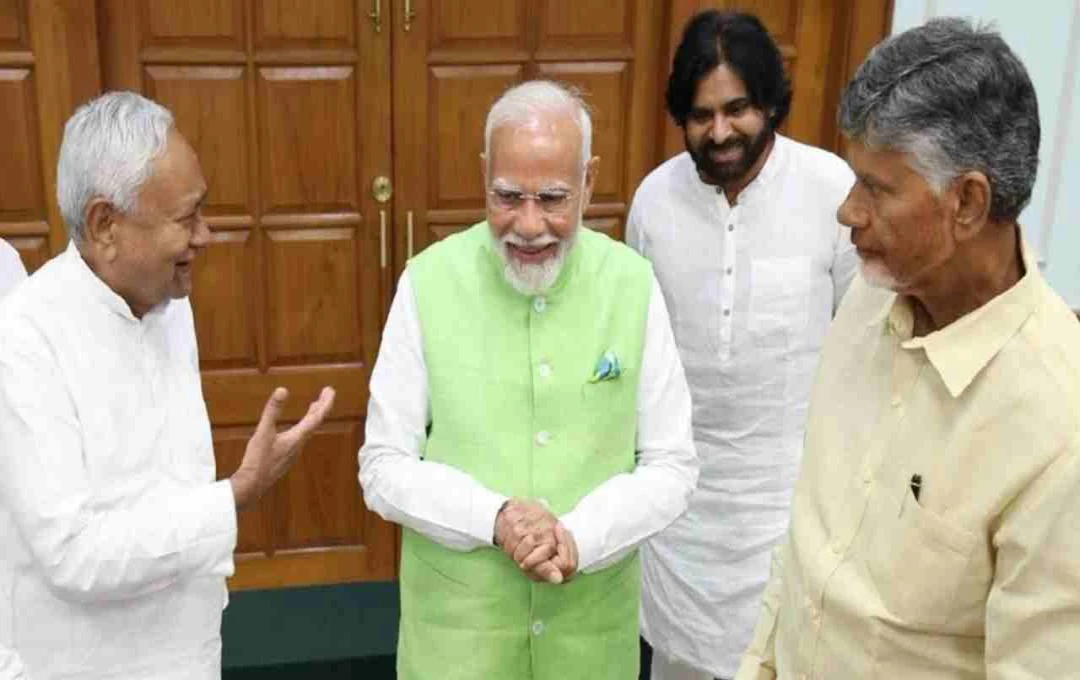Pakistan and China are seriously working on establishing a new regional organization, potentially to serve as an alternative to the currently almost defunct South Asian Association for Regional Cooperation (SAARC). This was claimed in a report released on Monday.
SAARC: China and Pakistan are discreetly preparing to give a new direction to regional diplomacy in South Asia. According to sources, both countries want to create a new regional organization that can replace the nearly inactive SAARC. The aim of this effort is said to be to establish a new and active platform in place of the SAARC process, which has stalled due to tensions between India and Pakistan. China's presence in this new platform would give it the opportunity to increase its influence in South Asia.
The 'Express Tribune' newspaper's report claims that Pakistan and China are serious about this proposal and that it was also discussed during a recent trilateral meeting in Kunming (China) with Bangladesh. However, Bangladesh has flatly denied considering the meeting as ‘political’ and said that it is not becoming a part of any new alliance.
Discussions in Kunming, Preparations to move forward with a new strategy
According to diplomatic sources, Pakistani and Chinese officials want to create a new organization under the pretext of increasing contact, trade, and regional integration among South Asian countries. The talks held in Kunming with representatives of Bangladesh are considered part of this strategy. Issues such as trade, connectivity projects, and infrastructure cooperation were discussed in this meeting.
The report said that Pakistan and China are also thinking of inviting India to join this new platform, but they are skeptical about India's reaction. In addition, there are plans to include countries like Sri Lanka, Maldives, Bhutan, and Afghanistan to present the new organization as a broader platform for regional cooperation.
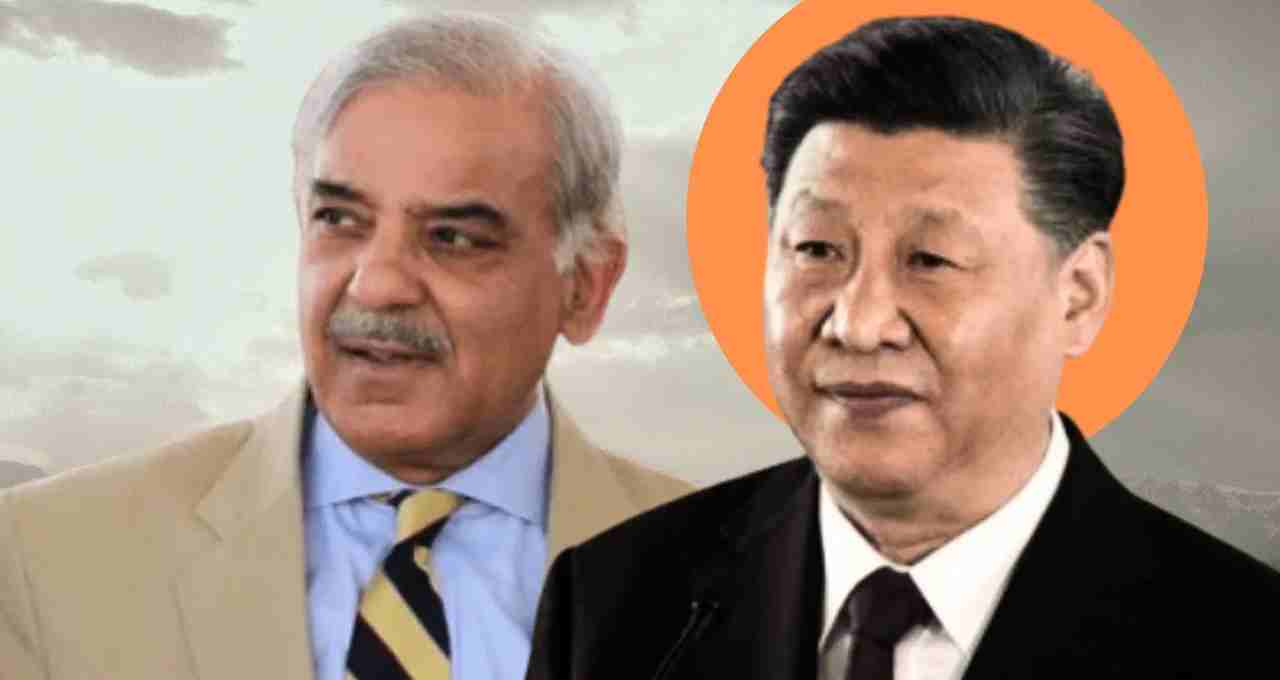
Bangladesh denies joining the alliance
Bangladesh immediately issued a clarification after the Kunming meeting. M. Tauhid Hossain, the foreign affairs advisor to the interim government of Bangladesh, said that there was no question of any alliance between Dhaka, Beijing, and Islamabad. He said the meeting was purely commercial and economic; there were no political objectives.
This statement makes it clear that Bangladesh is not currently showing interest in becoming part of this initiative by Pakistan and China, although Pakistan and China may try to apply pressure.
Why is SAARC not active?
SAARC was established in 1985 to promote regional peace, cooperation, and development. It includes India, Pakistan, Nepal, Bhutan, Bangladesh, Sri Lanka, Maldives, and later, Afghanistan. However, SAARC has been virtually inactive since 2014. In fact, the proposed summit in Islamabad in 2016 was canceled due to India's boycott. The terrorist attack on the Indian military camp in Uri, Jammu and Kashmir, was cited as the reason.
India refused to participate in the meeting, accusing Pakistan of supporting terrorism. Subsequently, Bangladesh, Bhutan, and Afghanistan also boycotted the conference, weakening SAARC's relevance.
Why is China interested?
Experts believe that China wants to take advantage of this opportunity to strengthen its hold in South Asia. China does not have direct membership in SAARC; it is only an ‘observer.’ But in the new organization, it can become an equal partner. Pakistan, already a strategic ally of China, is giving its full support to this effort.
China's aim is not only to encircle India but also to pave the way for the deeper penetration of its Belt and Road Initiative (BRI) in South Asia. Through this, it wants to play a decisive role in South Asian politics by controlling infrastructure investment and trade corridors.
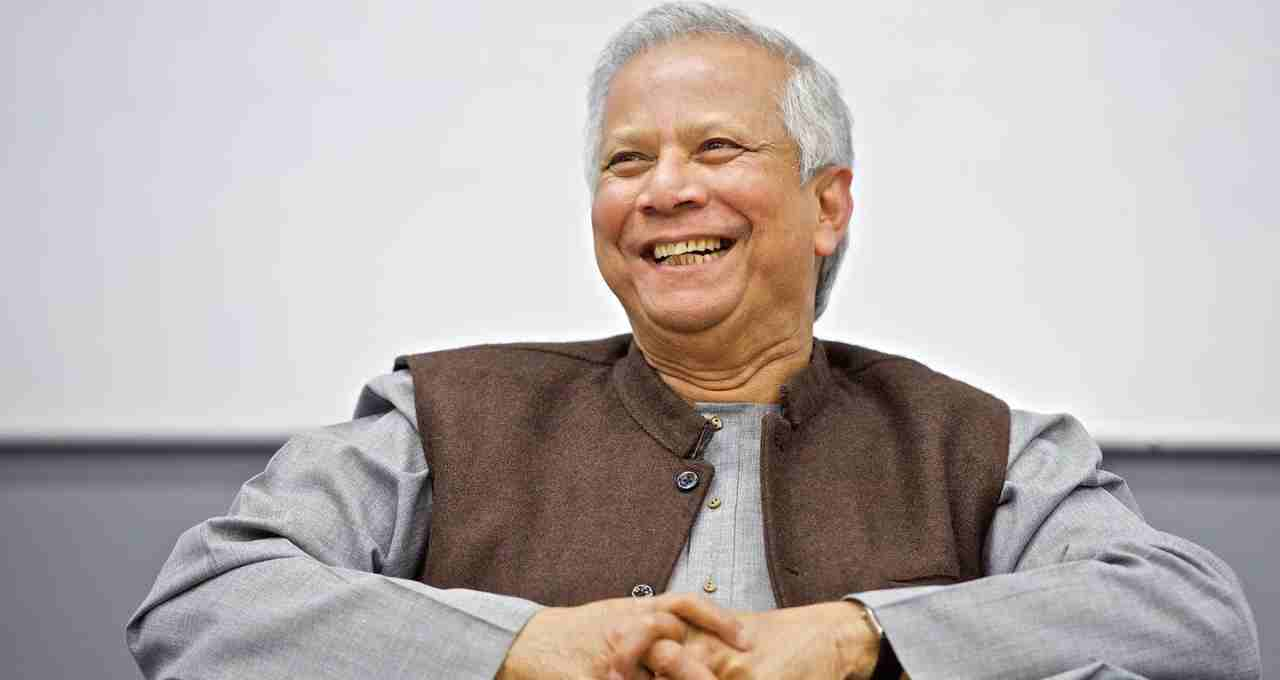
What could be India's strategy?
For India, this proposal is a sign of caution. India has had a leading role in SAARC and has been seen as the leader of stability and development in South Asia. The new alliance of Pakistan and China could affect India's interests as it could weaken India's regional diplomacy.
Analysts believe that India should intensify efforts to reactivate SAARC or strengthen an alternative platform like BIMSTEC to counter this strategy of Pakistan and China.
